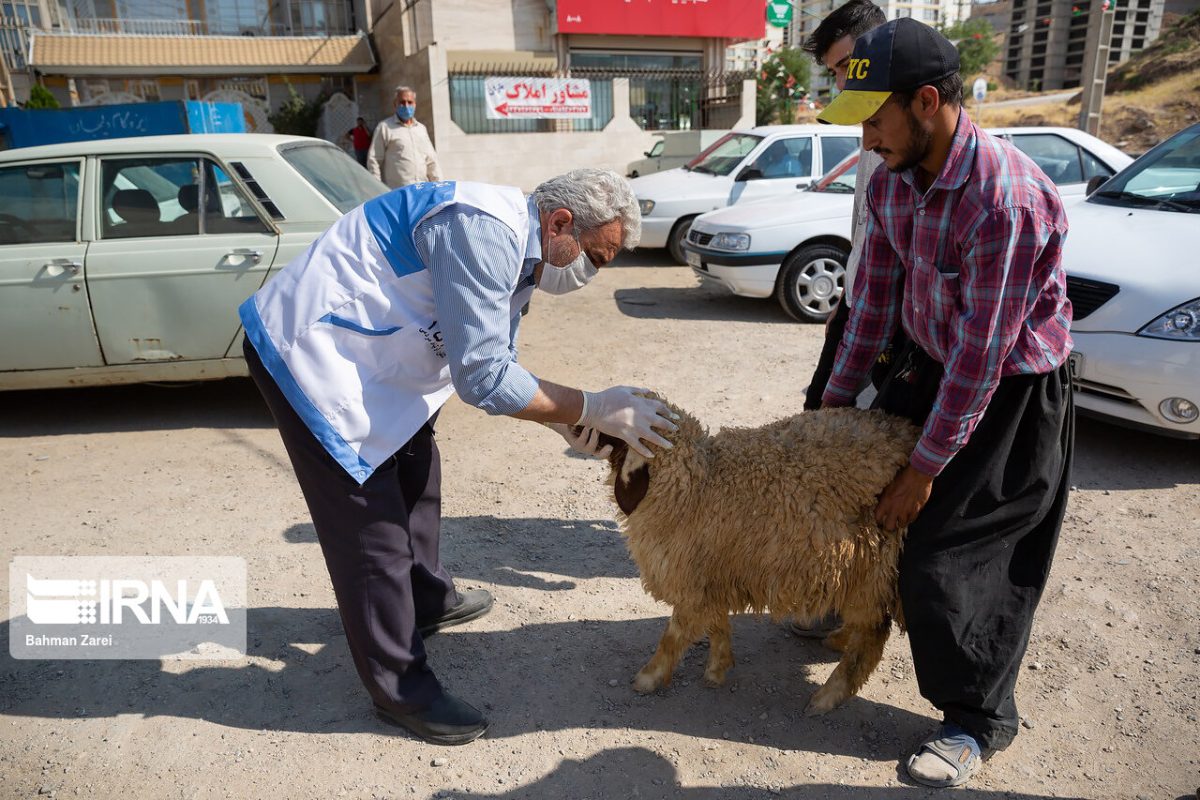Mohammadreza Shirzadi, the head of the Health Ministry’s Department of Management of Transmissible Diseases between Humans and Animals, warned that safety standards must be observed while slaughtering animals, as Muslims prepare to celebrate Eid al-Adha or the Feast of Sacrifice.
“More than 60% of infectious diseases are the ones that are transmitted from animals to humans. In addition, more than 75% of newly-emerging diseases are those that are transmitted from animals to humans, including the coronavirus pandemic,” he added.
The CCHF virus is typically spread by tick bites or close contact with the blood, secretions, organs or other bodily fluids of infected persons or animals.
Farmers and those who work in slaughterhouses face a higher risk of the infection.
The Iranian official urged livestock breeders to get rid of ticks by spraying pesticides in their farms, among other methods of disinfection.
Symptoms of CCHF may include fever, muscle pains, headache, vomiting, diarrhea, and bleeding into the skin. Complications may include liver failure.
In those who survive, recovery generally occurs around two weeks after onset.
